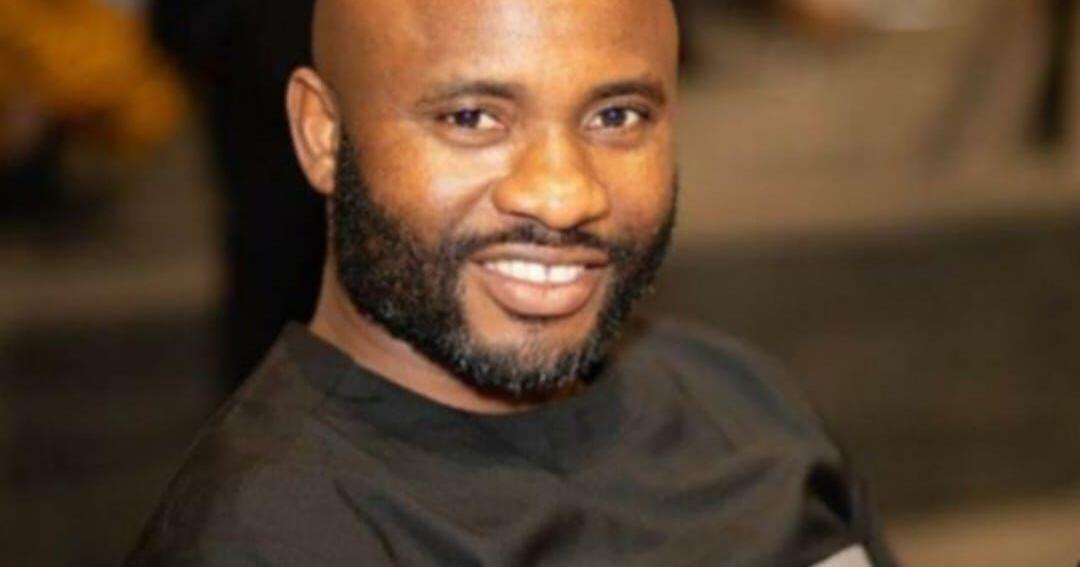Africa-Press – Liberia. Tennie Kormazu Kparzarwalah Jallah, a Liberian residing in the United States, has issued a wake-up call to the government of Liberia, urging a shift from dependence on foreign aid to homegrown, practical reforms that place Liberians at the center of national development.
In a detailed statement outlining a vision for transformation, Jallah cautioned that Liberia’s future lies not in handouts or donor dependency, but in mobilizing its own domestic resources, empowering its citizens, and fostering innovation through indigenous values.
“No foreign money has ever developed any African nation,” Jallah asserted. “You can’t use another man’s headlights to drive your car.”
According to Jallah, Liberia must rethink its development model by reducing reliance on international loans and aid and instead prioritize what he termed “smart investment” in agriculture, small businesses, and the country’s vast human potential.
He argued that the nation must begin to “produce what it eats” and create a culture of self-sufficiency that boosts the value of the Liberian dollar and positions Liberia as a regional economic player.
“If we effectively mobilize our domestic resources and meet our own needs, other nations will come to us to buy our goods and services. That’s how we create value for our currency and economy,” he stated.
Jallah is advocating for a leaner, more efficient public sector that diverts national resources into a strong Liberian-owned private sector.
“We need a small, tight, and very efficient cabinet. At least 50% of national resources should be invested in the private sector through Liberian businesses to create jobs,” he proposed.
He added that most economic activities currently run by the government should be outsourced to the private sector, regulated by ministries acting as policy overseers.
“This will attract the best Liberians, both at home and in the diaspora, to run enterprises that fuel growth and accountability,” he emphasized.
Jallah further urged President Joseph Boakai to make his government the largest patron of Liberian creativity and innovation. He recommended that government buildings be furnished with Liberian-made furniture, and officials wear Liberian-produced clothing as a way of investing in the nation’s cultural economy.
He also joined calls for greater investment in Liberia’s tourism, music, film, and sports sectors, noting that these industries hold immense untapped potential.
“Let us build Liberia’s tourism and cultural entertainment sectors. Our films, our music, our sports—they are vehicles of national pride and job creation,” Jallah said.
In a sweeping recommendation, Jallah proposed that the nation’s capital city be relocated to a new location—one that better reflects indigenous architecture and cultural heritage. This, he said, would help foster a new national identity and stimulate planned infrastructure growth.
“This new city must include modern research institutions and a new university structure rooted in indigenous innovation,” he noted.
On the issue of justice, Jallah emphasized that there can be no peace without justice. He called on the government to strengthen the rule of law, depoliticize the judiciary, and ensure fair and timely adjudication of cases.
“The judiciary must apply the law without bias or favor. We must also implement biometric identification and strengthen our security institutions to fight crime and corruption,” he advised.
He also called for a comprehensive audit of the previous administration under President George Weah, as well as other post-war governments, to promote transparency and accountability.
“The Boakai administration must muster the courage to audit every administration since the war. This is critical to rebuilding public trust,” Jallah said.
Jallah renewed long-standing calls for reducing the tenures of elected officials, aligning with proposals from previous national referendums.
“The presidency should be reduced from six to four years, senators from nine to six years, and representatives from six to four years,” he urged.
He also advocated for the direct election of mayors, superintendents, and national elections commissioners, asserting that Liberia’s small population does not require extended terms in office.
Jallah warned against nepotism, tribalism, sectionalism, and what he described as “divisive identity politics.” Instead, he advocated for an inclusive society driven by merit, patriotism, and productivity.
“Let’s build a Liberia for all, regardless of tribe, religion, or background. The ancestors gave us wisdom—we must use it to create a country that reflects our values and aspirations,” he concluded.
For More News And Analysis About Liberia Follow Africa-Press






